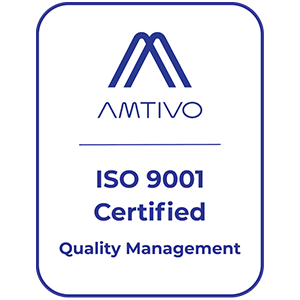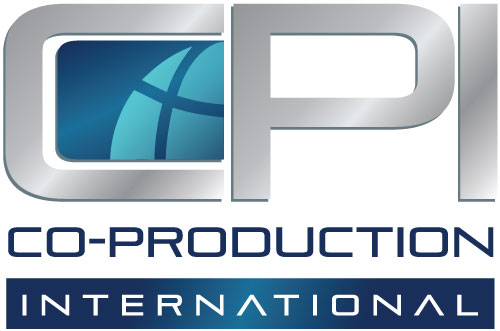The Smart Border Coalition held a Stakeholders Working Committee meeting on Thursday, May 11, at the San Diego Foundation to discuss their goals to improve the United States and México border.
Executive Director of the Smart Border Coalition Gustavo De La Fuente, presented the SBC report that included their goals to improve border wait times, access to roads, cargo pre-clearance, and many more prospective improvements.
The SBC included a diversity of voices in the meeting from individuals in government positions to people who work more hands on, De La Fuente said.
Alan Bersin, advisor to the SBC, said that “Fronterizos”, or Borderlanders, have the ability to make priorities in the region to become national policy. He said the future of the border years ago is different from the future of the border now.
Bersin offered three concepts to the improving the border: Enlisting time and space, building infrastructure, and supporting air cargo.
“Space has to do with pre-clearance, time has to do with the use of infrastructure in a more efficient fashion,” he said.
De La Fuente spoke on the importance and positive impact that that educating visitors from outside the region about border crossing procedures in order to reduce nuisances such drivers that accidently drive onto the wrong lanes.
The Secure Electronic Network for Travelers Rapid Inspection, or SENTRI, lanes are the most affected by this, De La Fuente said.
The SENTRI lanes are dedicated to pre-approved travelers to cross the border more frequently and can be processed at a faster rate than they would be in regular passenger lanes.
“A lot of the people who get into the wrong lanes are coming from the Inland Empire,” De La Fuente said. “We need to reach out to those people and market the idea of how to get into the right lanes.”
San Ysidro Port Director Carlos Rodriguez said that cooperation from Google and Waze to remove SENTRI lanes from their navigation will likely reduce the amount of cars that get into the lanes.
De La Fuente said education needs to go “beyond the border” and have a consistent pressure on authorities and legislatures.
“Yes we connect with movers and shakers of México City and Washington but we’re not doing it constantly, and we have to do that,” he said.
He said that as a coalition they have to be in the middle to get thing done and have the support of stakeholders.
Source: La Prensa San Diego
By: Andrea Lopez-Villafaña




.png)







